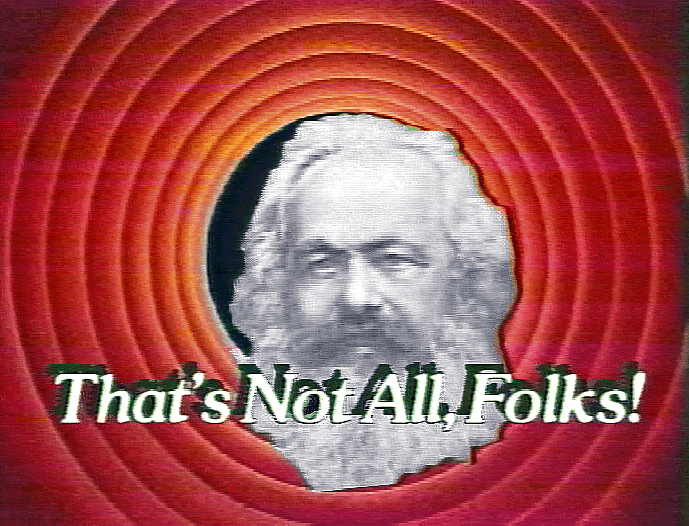Why Marxism is on the rise again
Stuart Jeffries, The Guardian, Wednesday 4 July 2012
Class conflict once seemed so straightforward. Marx and Engels wrote in the second best-selling book of all time, The Communist Manifesto: “What the bourgeoisie therefore produces, above all, are its own grave-diggers. Its fall and the victory of the proletariat are equally inevitable.” (The best-selling book of all time, incidentally, is the Bible – it only feels like it’s 50 Shades of Grey.)
Today, 164 years after Marx and Engels wrote about grave-diggers, the truth is almost the exact opposite. The proletariat, far from burying capitalism, are keeping it on life support. Overworked, underpaid workers ostensibly liberated by the largest socialist revolution in history (China’s) are driven to the brink of suicide to keep those in the west playing with their iPads. Chinese money bankrolls an otherwise bankrupt America.
The irony is scarcely wasted on leading Marxist thinkers. “The domination of capitalism globally depends today on the existence of a Chinese Communist party that gives de-localised capitalist enterprises cheap labour to lower prices and deprive workers of the rights of self-organisation,” says Jacques Rancière, the French marxist thinker and Professor of Philosophy at the University of Paris VIII. “Happily, it is possible to hope for a world less absurd and more just than today’s.”
That hope, perhaps, explains another improbable truth of our economically catastrophic times – the revival in interest in Marx and Marxist thought. Sales of Das Kapital, Marx’s masterpiece of political economy, have soared ever since 2008, as have those of The Communist Manifesto and the Grundrisse (or, to give it its English title, Outlines of the Critique of Political Economy). Their sales rose as British workers bailed out the banks to keep the degraded system going and the snouts of the rich firmly in their troughs while the rest of us struggle in debt, job insecurity or worse. There’s even a Chinese theatre director called He Nian who capitalised on Das Kapital’s renaissance to create an all-singing, all-dancing musical.
And in perhaps the most lovely reversal of the luxuriantly bearded revolutionary theorist’s fortunes, Karl Marx was recently chosen from a list of 10 contenders to appear on a new issue of MasterCard by customers of German bank Sparkasse in Chemnitz. In communist East Germany from 1953 to 1990, Chemnitz was known as Karl Marx Stadt. Clearly, more than two decades after the fall of the Berlin Wall, the former East Germany hasn’t airbrushed its Marxist past. In 2008, Reuters reports, a survey of east Germans found 52% believed the free-market economy was “unsuitable” and 43% said they wanted socialism back. Karl Marx may be dead and buried in Highgate cemetery, but he’s alive and well among credit-hungry Germans. Would Marx have appreciated the irony of his image being deployed on a card to get Germans deeper in debt? You’d think.


